From Hypogonadism both men and women can be affected. In most cases, the disease can be successfully treated with hormonal replacement therapy.
What is hypogonadism?

© angellodeco - stock.adobe.com
In general, the term des Hypogonadism an underfunction of the gonads (gonads). In the human body, the gonads are responsible for the production of germ cells (egg cells or sperm) and sex hormones.
Often, however, the term hypogonadism in medical parlance only refers to an underfunction of the male gonads (the testes). Hypogonadism is an endocrine disorder (affecting the hormonal system).
So-called primary hypogonadism occurs when the gonads themselves are impaired in their function. Secondary hypogonadism is when the pituitary gland (a hormonal gland in the brain, also known as the pituitary gland) is affected by a dysfunction.
Finally, if there is a (very rarely occurring) tertiary hypogonadism, the hypothalamus (a regulatory center for endocrine processes located in the brain) is affected by a functional disorder.
causes
A primary Hypogonadism in men it is usually due to missing or impaired Leydig cells, which are among the most important cells in the testicle. As a result, testosterone production in the affected man is impaired.
In various sub-forms of primary hypogonadism, a low testosterone concentration can also be due to factors such as trauma, castration or testicular inflammation. Primary hypogonadism in women can be promoted, among other things, by inflammatory processes or tumors of the gonads. Congenital underdevelopments of the sexual organs can also lead to primary hypogonadism in women.
Damage to the pituitary gland as a cause of secondary hypogonadism can be caused, for example, by new tissue formation (tumors) or inflammation. Impairments of the hypothalamus that are hidden behind tertiary hypogonadism can ultimately already be congenital or caused by factors such as trauma or various diseases.
Symptoms, ailments & signs
Hypogonadism can affect both men and women. Depending on gender and age, the disease manifests itself differently. If hypogonadism occurs in children, this is mainly noticeable through the complete absence of puberty. In affected adolescents, puberty development comes to a standstill.
Girls have no menstrual period (primary amenorrhea). In boys, enlargement of the male mammary gland (gynecomastia) and undescended testicles (cryptorchidism) are common symptoms. Adolescents of both sexes usually have little interest in sexuality and underdeveloped primary and secondary sexual characteristics.
If hypogonadism does not develop until adulthood, the clinical signs of the disease may be less pronounced. People of both sexes usually experience a loss of libido. Further symptoms are the loss of secondary hair and osteoporosis.
In women, depending on the severity, there is a significant drop in the level of estrogen and, as a result, a pathological regression of the genital organs (genital atrophy) and the absence of menstruation (secondary amenorrhea). In affected men, the testicles shrink. Another symptom is the lack of mature male sperm cells (azoospermia). Mostly those affected also have erectile dysfunction up to impotence.
Diagnosis & course
Diagnostic procedure to be used when suspected Hypogonadism are used, differ among other things depending on the respective form of the disease and the individual symptoms. Changes in hormone levels can, for example, be detected with the help of blood tests.
For example, the levels of prolactin (a hormone of the pituitary gland), testosterone and / or estradiol (a sex hormone) are determined on a gender-specific basis. As a rule, most forms of hypogonadism can be treated well. Possible complications in the course of hypogonadism include, for example, impotence, infertility or cardiovascular diseases.
Complications
Both male and female patients are affected by hypogonadism. In most cases, hypogonadism leads to a so-called androgen deficiency. As a result of this deficiency, the man can become sterile and thus incapable of procreation. In most cases, these restrictions lead to extreme psychological stress and the development of depression.
It is not uncommon for patients to also suffer from inferiority complexes and a reduced self-esteem. In the worst case, it can even lead to thoughts of suicide. The partner is also affected by psychological complaints due to hypogonadism and suffers from a reduced quality of life. The sexual organs often recede and can lead to bullying and teasing, especially in children.
Furthermore, puberty can fail completely in children, which leads to severe disturbances in physical and psychological development. It can also cause heart problems that can lead to death. Treatment of hypogonadism is usually done with the help of hormones and in most cases it is successful. There are no particular complications. If depressive moods have occurred, these will also be examined by a psychologist. Life expectancy is usually not reduced by hypogonadism.
When should you go to the doctor?
If signs of infertility first appear, a doctor should be consulted. Hypogonadism rarely manifests itself in clear symptoms. Therefore, the first signs of an illness or disorder should be clarified, because this is the only way to avoid physical and mental complications. Men and women who feel less sexually active or who have had an unfulfilled desire to have children for a long time should consult their family doctor or a gynecologist or urologist.
The doctor can clearly diagnose hypogonadism and suggest appropriate countermeasures. If this happens early on, permanent damage can be avoided. Basically, hypogonadism must be clarified if it has a negative effect on the physical and psychological condition. If home remedies and self-measures do not help either, you must see a doctor with the disorder. The patient must then undergo regular check-ups, as this is the only way to ensure that there is no new deficiency in androgens, which are responsible for sexual health.
Doctors & therapists in your area
Treatment & Therapy
The therapy of the Hypogonadism depends initially on the form of the disease: Primary hypogonadism is usually treated by administering reduced or absent sex hormones (in men these are mostly androgens such as testosterone, in women estrogens or gestagens).
This form of treatment is also referred to as substitution therapy in medicine. In many cases of hypogonadism, hormone administration is necessary for life. Substitution therapy can be done in a number of ways; for example with the help of tablets or injections, but also specific plasters. The individually administered amount of hormones depends, among other things, on the age and body weight of the patient.
Secondary hypogonadism is often treated with so-called gonadotropin preparations. Gonadotropins are sex hormones that help stimulate the gonads. Appropriate preparations can supplement the various pituitary hormones. Gonadotropin preparations are also given in secondary hypogonadism, especially if there is a desire to have children, because the sex hormone stimulates the formation of sperm or egg cells.
Especially in older men, hypogonadism can be associated with symptoms such as depressive mood and / or anemia (anemia). As a rule, therapeutic steps for the treatment of hypogonadism are supplemented by therapeutic measures that focus on the individually accompanying symptoms.
You can find your medication here
➔ Medicines for potency and erection problemsprevention
In what way Hypogonadism what is to be prevented depends mainly on the individual causes of the disease; secondary hypogonadism can be counteracted, for example, through a balanced diet that prevents deficiency symptoms. Forms of hypogonadism that can develop due to testicular inflammation, for example, should be prevented through early treatment of the inflammatory disease.
Aftercare
Targeted follow-up care is part of the treatment of hypogonadism. This is to ensure that patients are not prone to depression or other secondary diseases such as anemia. Depending on the individual course of the disease and the symptoms, it may be advisable to change your diet.
Vitamin-rich, balanced diet counteracts the typical deficiency symptoms in secondary hypogonadism. Ferrous foods help with anemia. Hormonal therapy must be followed consistently so that those affected feel better in the long term and to avoid complications. The prescribed medication should be taken exactly as planned.
Everyday life after the therapy is relatively normal. The patients are basically not restricted, but the sexual disorder can lead to psychological problems. For this reason, the doctor recommends psychotherapeutic care as part of the aftercare. For some people, it already helps to speak out to family or friends.
By participating in a self-help course, those affected no longer feel so excluded. The improved self-esteem has a positive effect on mood and the course of the disease. Furthermore, the information helps to assess the situation correctly and to concentrate on the essentials.
You can do that yourself
If hypogonadism occurs, patients are always dependent on medical treatment. Only with hormonal treatment can the symptoms be permanently alleviated and complications avoided. For this reason, patients should make sure to take the hormones regularly. In many cases, the therapy can also take place by injections or by sticking a plaster on.
Further treatment measures are therefore not necessary. As a rule, the treatment does not lead to any particular restrictions in the patient's everyday life. In men, hypogonadism can also lead to depression, so this must also be treated. Conversations with closest friends, family or with your own partner can have a very positive effect on the course of the disease and avoid further complications. Contact with other patients with hypogonadism can also have a positive effect on the course of the disease if there is an exchange of information.
In the case of anemia, a balanced diet can help alleviate symptoms, especially foods that are high in iron. However, nutritional supplements or transfusions can limit the anemia.

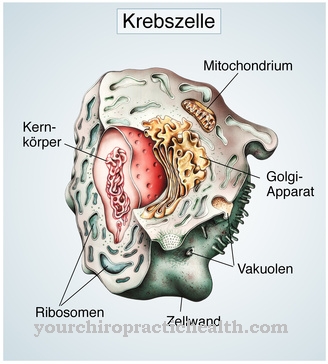
.jpg)
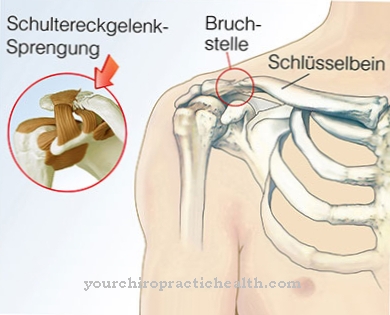
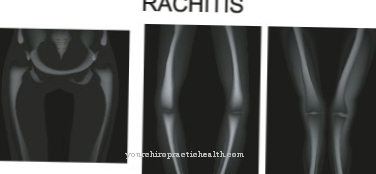
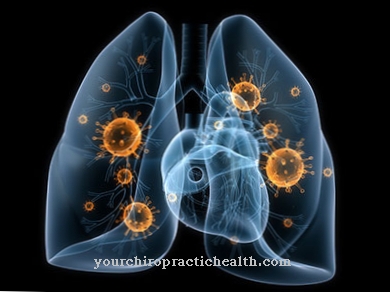
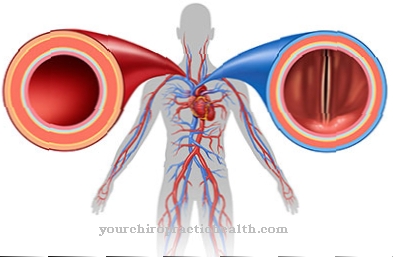

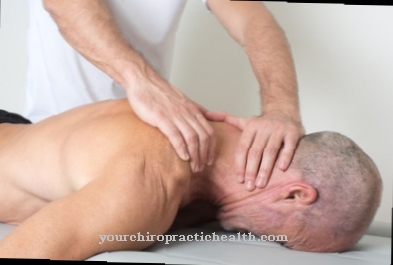
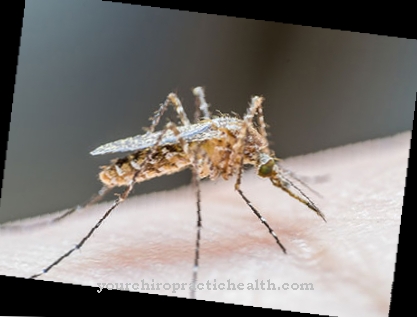
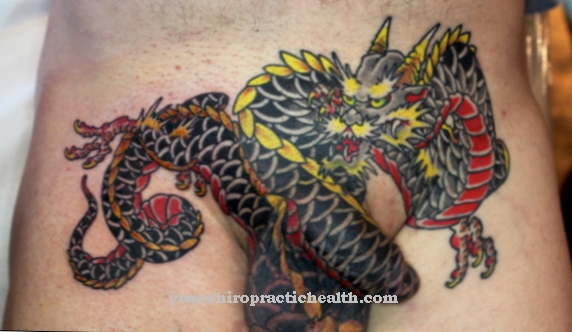
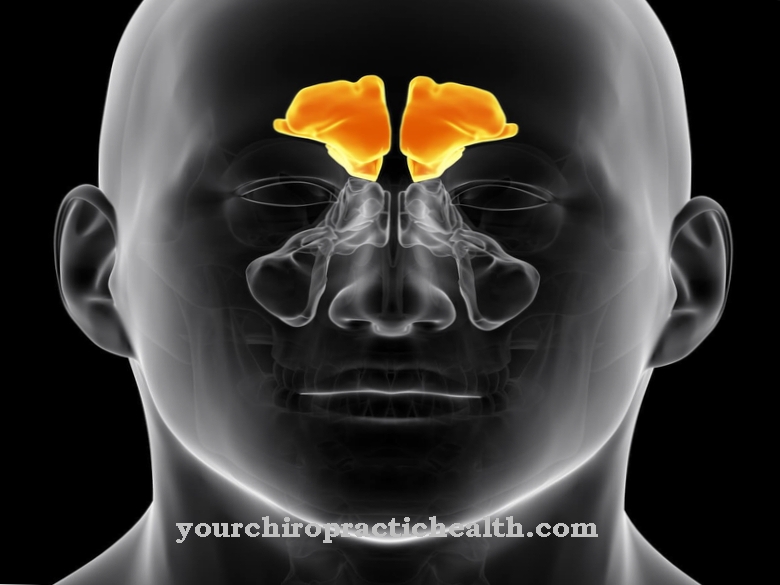
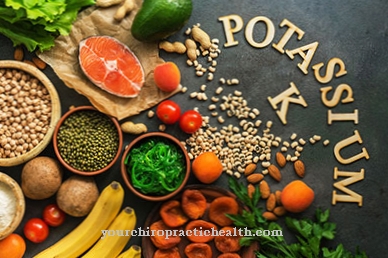
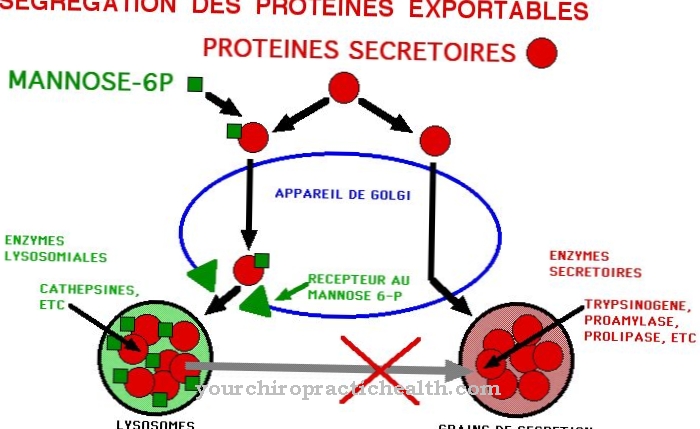
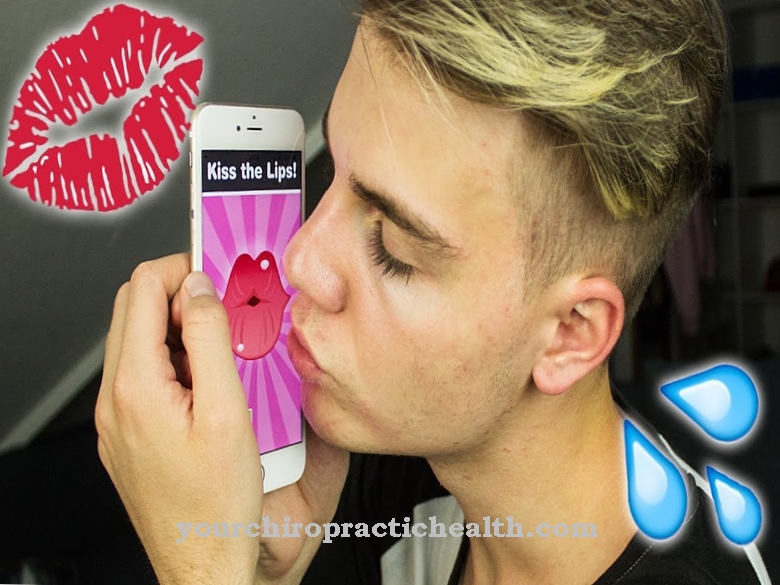
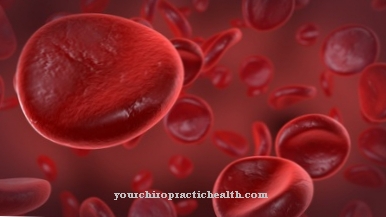
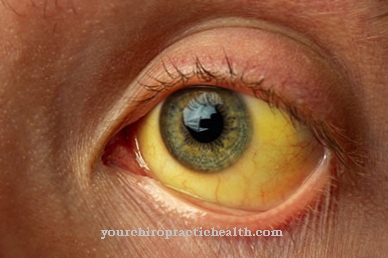
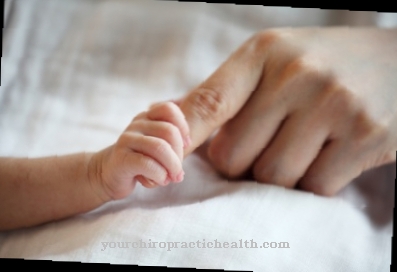

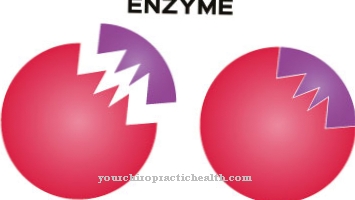
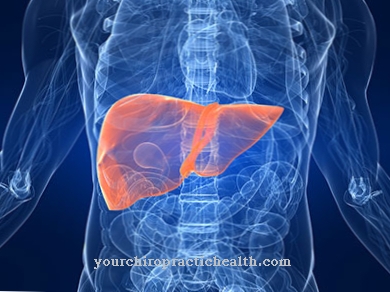
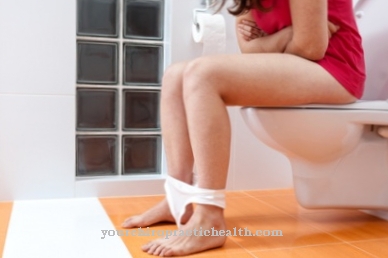
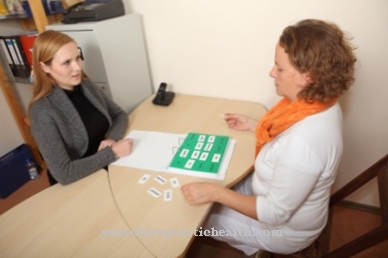
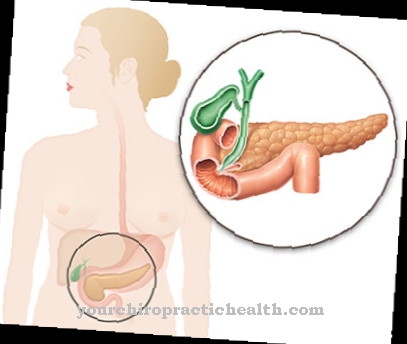
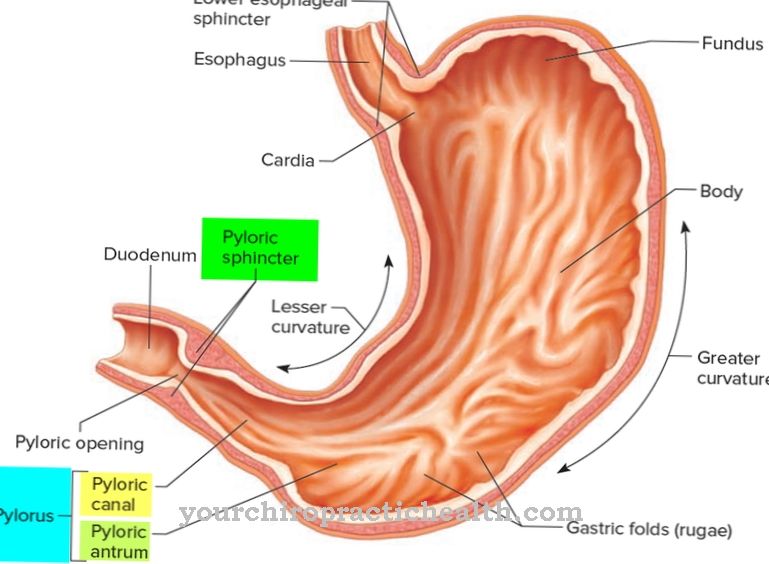
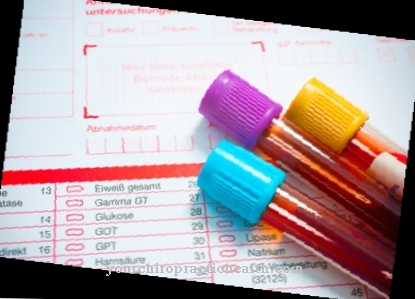
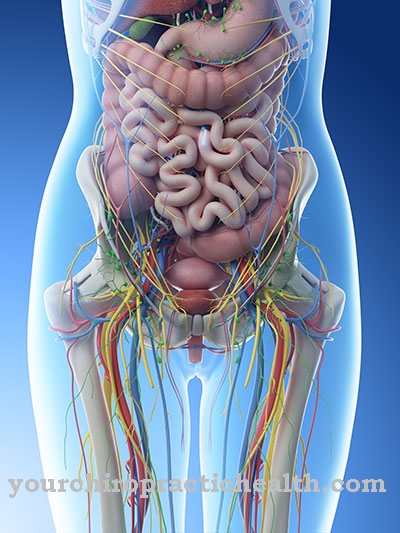
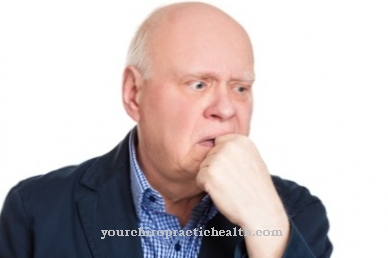
.jpg)